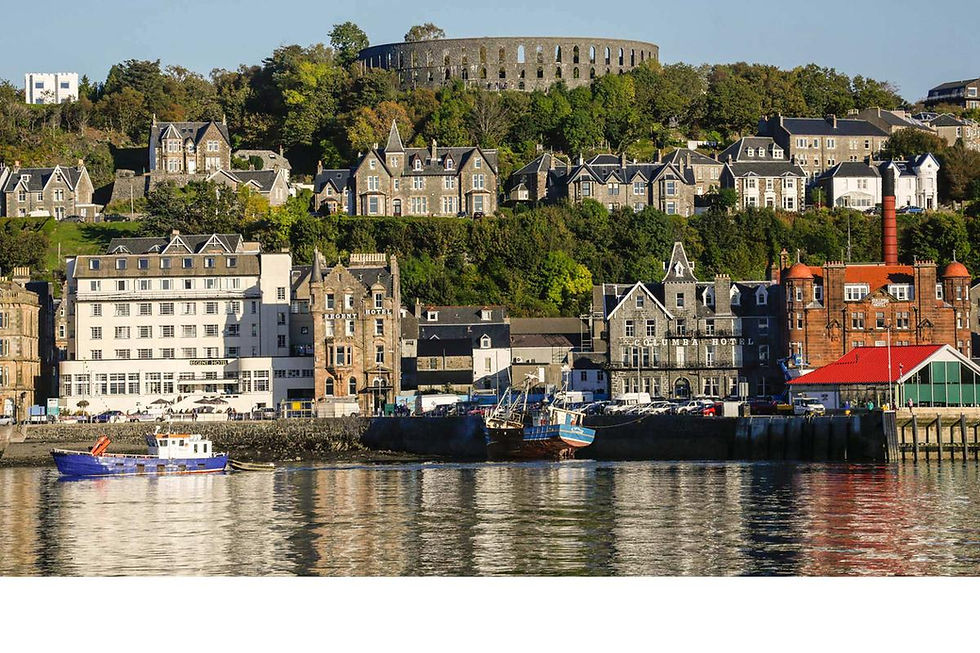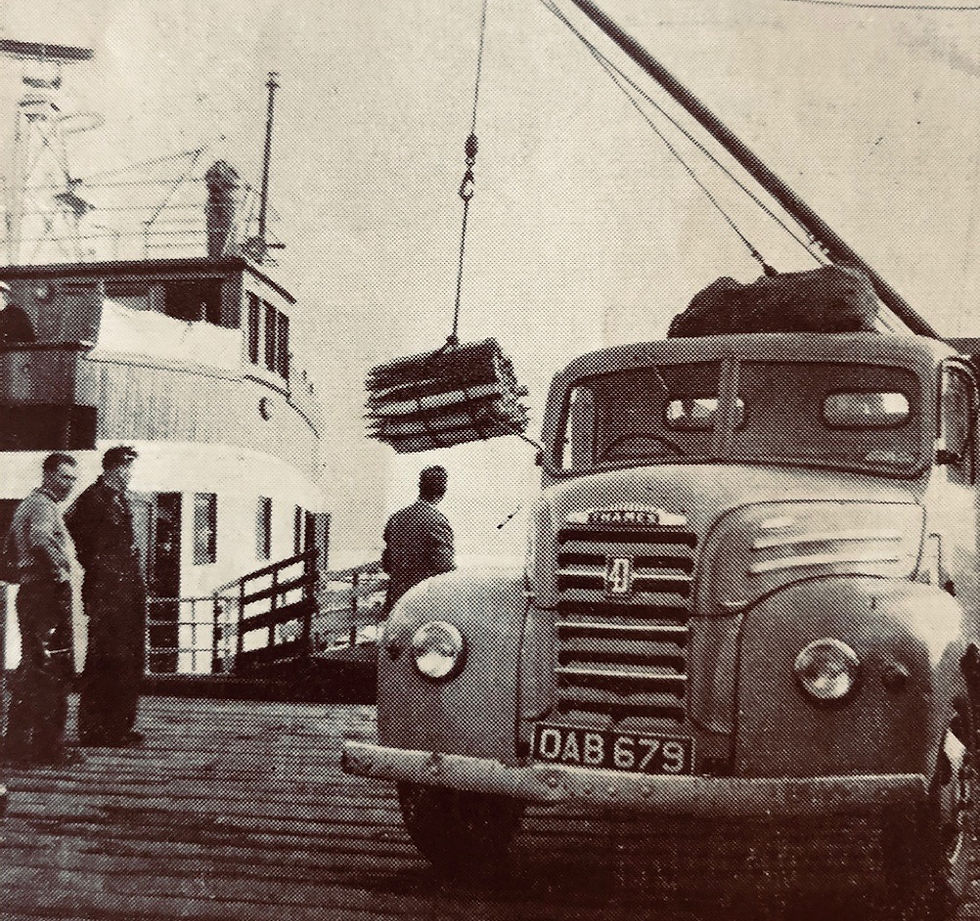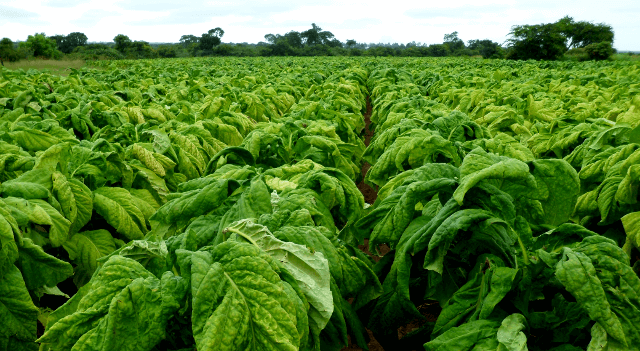Introduction and Medical

Scotland winning against the “Auld Enemy” was both a surprise and a relief. Although still not allowed alcohol on doctors orders, Rozanne and I had a small Laphroig to celebrate. Normal times, I might have put a real hole in the bottle. In a way, it was slightly spoiled by the press hitting onto this kneeling business. Surely it is the individual's freedom of choice to do as he sees fit providing he is not breaking the law?
I took the time to write to all the teams and specific individuals who looked after me during these last four months of care and treatment, thanking them for getting me through the health system and their professional care in these challenging times. I was both humbled and gratified that they all answered me almost by return. I quote part of the surgeon’s team reply as an example of the sort of response I received:
“I feel really honoured for receiving your kind words! The most important thing for me and all the team is that we had the chance of helping you and our biggest satisfaction is that you are recovering well.”
Dedication!
I would also repeatedly remind you that all my care, hospitalisation, treatment and surgery was carried out free by the Portuguese National Health Service. I had worked briefly in the UK before moving to Zimbabwe, and over the last fifteen years, Rozanne and I have paid the UK National Health Insurance, including some catch-up payments. On arrival here in Portugal, we transferred our health benefits from the UK to Portugal as residents. If you are still in Africa and eligible, some advice, register in the UK with National Insurance if you have not already done so. According to the internet, my treatment and care to date could well have cost USD100,000.00 in some countries. Being over seventy and having cancer previously, continuing with private health insurance would have been unaffordable. Health insurance becomes prohibitive for those that retire in Africa. As some of us know, African government health services are in disarray.
My Life
Following my mother’s death in 1959, life was much the same as before for the first year without her presence in the house. Visits from the lady called Flora increased; this did not mean much to us as we had very little interaction. I could not remember Flora from the time she had worked in father’s office at an earlier date. Although, I can remember the others, including her sister-in-law, and of course her brother who worked in the workshop, an amiable man.
At that time, I recall only about six of us at Gruline school and other than the poor meals can remember little of that school year. Lachie McPhail was the only other boy there, so we spent our time in the woods or on the river Ba. I often stayed with him, and one particular incident remains in my mind. As was the custom in those days, single male farmworkers often stayed in what was known as, “the bothy.” There were two of these such men employed by the McLean’s on Knock Farm next door to the McPhail’s. On occasion, we would put silage in their beds for fun, but the farmworkers no longer considered it funny after the first few times. Their threats of what the consequences would be in the event of the next time were dire. After some thought, coupled with opportune, the van from Alasdair Irvines from Tighnabruich became a good target. Irvine sold clothes, carpets and other goods. I believe they are still in operation in Tighnabruich in Southern Argyll. Anyway, while the van driver was having tea at the Mclean’s house, Lachie and I opened his van and placed some silage in one of his clothing suitcases. The smell must have been fairly potent for within about ten minutes of him leaving; we saw the van returning at speed. Admittedly, the silage we used was the rotting waste. Unlike in my house, hidings were not unknown in the McPhail household. In hindsight, I think we deserved that particular one. The only people that found it funny were the single farmworkers. That is the punishment, not the prank.
My fishing had moved on from “Cuddies” off the sea rocks to trout fishing in the river. No flies. I know, sacrilege, but I was only a boy. A worm upstream, a couple of kilometres from the mouth was very effective for trout; at the river mouth, a spinner was great for sea trout. Lachie McPhail was a good fly fisherman, and I was envious of his skills, his father being a master of the art. My father was not interested in any fishing, other than with a net commercially. My father never once took me fishing with a rod. I spent hours fishing in the long summer evenings come rain or shine, often coming back after sunset.
I have mentioned the timber and sawmill side on the estate so thought I would give a little more detail.

On Killiechronan there were two European Larch forests. This timber is like a hard softwood. It is more durable than pine and makes an excellent building and fencing timber: timber felling contractors, tough men who lived some of the time in homemade wooden shacks. Rather than give up precious drink money, they were happy to live uncomfortably in situ. Our own staff did the timber harvesting with the hauling done by crawler or horse the rest of the time. Mostly horse. I was kept well away from the mill when working but was often bunged into the sawdust pit to help empty it. Most of the timber was made into fencing posts (stobs) and sold throughout the island and on the mainland. I travelled much of Mull with Charlie Creighton, the lorry driver, delivering timber. Often the customers would share their meals with us. Our worst culinary experience was leaving a croft in Bunessan, on the south coast of Mull, with some boiled eggs for lunch as a parting gift. On opening these eggs we found some well-developed chicken embryos. After throwing up, needless to say, Charlie made me wash the cab of the lorry on our return home. We did not have trucks in those days, only lorries.
The following year in late August, Flora and my father took me to my grandparents’ house, as far as I remember without any discussion inclusive of me. On arrival, I was informed that I had to stay there with my grandparents and aunts. I do not know if my father or both had made this decision. I can only presume it was for a better education. The problem was the implementation, not the decision. They probably did not tell me before departure as I am sure they would have failed to find me, never mind get me into the car if they had done so. I was shocked and cried my eyes out. Inconsolable. Flora was with us. I am not sure if she and father got married at the same time as this traumatic event. Viewing the wedding photos later, the witnesses to this event were from Campbeltown, indicating that the marriage took place there. I did not attend their wedding. My father and Flora left for the return trip home that evening, I remember my aunts and grandparents trying to console me to no avail. In fact, my aunt Mary slept with me that night and for a while following. Perhaps it was the way it had been done I found shocking as I had happily previously stayed with neighbours and friends throughout my life. I cannot pin down in my mind why I was so angst. Was it leaving Mull? Was it the marriage? Did I feel rejected?

Within a few days, following a visit to Dalintober School, I was enrolled there. How stupid can adults be? For this event, my aunts, who were unmarried at the time, bought me a sort of briefcase as a school bag. I had never come across bullies until this time. That briefcase was the ideal instigator of ridicule, like a bee to honey for bullies. This led to my first school playground fight, protecting myself. I presume being fit from the farm, I won much to the playgrounds audience surprise. I was never physically attacked again after that, but did enter the fray on occasion when I saw others bullied. I do not know where I got this empathy for the underdog from. To this day I still support the Scottish rugby team and other weak teams and individuals.
I soon became aware that one of the teachers there was a cousin of my father, Margaret Galbraith. She was tasked to ensure I learnt something, beginning with proper English. This even entailed travelling to Glenbarr, where she lived with her parents, for extra lessons every Saturday. I still cannot spell or speak English to this day, even though I was and still am an avid reader. I enjoyed my trips to Glenbarr as my great uncle was a gamekeeper who showed fancy chickens and kept a few sheep and cattle. He did have a fox terrier named Lady, which would attack me on sight. She, the little bitch, never accepted me as a welcome visitor to her master’s house. I would travel out on a Saturday morning and return that evening by bus. Of course, any extra work my cousin gave me for the previous week was done on the bus on the outward trip. Sundays, I went out to my great uncle Charlie’s at Stewarton where he farmed dairy and pigs. Normally, I walked out in the morning, about 2.5km, returning by bus in the evening as most of the year it was after dark. The other passengers used to give me funny looks and move away from me. Was it the cow dung or the pig shit that offended them? Both certainly upset my aunts on returning to their house, sending me straight to the bath. At least I did not smell of silage as my uncle used brewers grain.
I detested school and did not make a huge number of friends. My best friend at the time was Jim McPhee. We later went to a public senior school together, we sat comfortably at the lower end of the class.
My cousin Margaret became the headmistress of Clairinlarich School for many years. Although I passed through there many times by train on the way to and from boarding school, I never stopped to say hello. Very bad of me, even as a teacher I sort of liked her despite the teacher stigma.
More about my Campbeltown stay next week.
Investing in Agriculture
The first few months of taking over the lease on Diandra in 1977 was to put as much of my army call-up time for the year behind me. By volunteering to go on tour earlier you could free up the critical times to be on farms. This did not always work. Neighbours, wives and foremen became the farmers. A real team effort. Wives either had “Bright Lights” in or stayed with neighbours. Diane, my wife at the time would travel every evening to her parents in my absence. Our area was fairly trouble-free, on the one side, there was a large army barracks while on the other side downstream was Mugabe’s home where his family lived. I am sure he wanted that area to remain trouble-free.
Meanwhile, on the farm, we started to build the curing system for tobacco using town bought commercial bricks. Most farm buildings in those days were built using farm-made clay bricks. This was done by local contractors who would use termite clay shaped by wooden brick moulds, hand filled and after drying fired in a kiln heated by wood. They were cheap to make, not always symmetrical and when used in buildings required a lot of mortar to ensure straight courses on the wall concerned. In many farm buildings, the mortar used was once again made from termite clay mixed with sand and lime. As time was short, we managed to get a good deal in securing rejected face bricks from the brickfields at Mount Hampden about 50km away. Coupled with these we decided to use cement mortar. There was nothing wrong with the reject bricks for farm building, the main issue was that they were over-burnt and discoloured. As it turned out, they not only saved us a lot of cement, more importantly over the years a lot of curing fuel as they were resistant to moisture and offered really good insulation against heat loss.
On arrival on the farm, I made acquaintance with my two immediate neighbours, John Gordon and Clem Bruk-Jackson. I could not have had two better neighbours, advisors and friends. With their guidance and the Tobacco Research Board’s and local agronomists’ advice, my farming venture was made very much easier. I also had the support of my father-in-law at the time, Derek Belinsky, a very good farmer and businessman. I have not come across the sort of support I had in Rhodesia anywhere else in Africa. Much of this has now been lost to Zimbabwe, what remains is still better than the rest of Africa. Some of this is due to lack of technical services. Somewhat down to the secretive nature of some farmers not wishing to share their knowledge. A lot of the required information was disseminated by means of meetings of the local farmers association held at our local club, Nyabira. Each commodity would have a representative on an association who would report back as the conduit between that said commodity association and the farmer. A system that worked well. Anyone deemed not up to the job was soon dropped from the role. Unfortunately, at that time much of the agenda of the meeting was taken up with security matters. Men, women and children all moved with weapons to hand at that time. Yes, even children carried weapons when travelling.
Clem, because of the dam, was my only contiguous neighbour while John was one farm further back. Clem was conservative, from a farming family, who had started on his own from scratch. He was not a flier but was successful. He was also a farmer who rather than spend money, would make a plan. Most Rhodesian farmers could build, fabricate or repair their infrastructure and maintain the equipment to have a successful business. Clem probably took this a step further and could even make the most obsolete piece of equipment work. He was also conservative in his agronomy practices, and his tobacco was always manageable and of good quality. John, somewhat younger, could not be said to be conservative in any way. He had studied agricultural engineering in London and was very innovative, like his father, a great conservationist. He always achieved excellent yields. As time wore on in our farming businesses, every decision was discussed by the three of us no matter how small. For me, as the young upstart, what a massive boost in my endeavours to succeed. We fundamentally grew the same crops. Before my arrival, they grew tobacco, maize and cattle. After my arrival, seeing the benefit of groundnuts in their rotation, they also introduced them into their farming practice. We were also some of the earliest farmers to grow irrigated tobacco.
In my first year’s attempt at a full crop I relied totally on their advice both in the field and curing. Following my arrival, John and Clem also built “Chongololo” style curing systems, Clem with farm bricks and John a smaller one from converting existing barns. John’s presented him with many challenges initially, as he grew very high yielding tobacco. He resolved these problems within the season. Clem’s worked well, however using more coal than mine. All three worked with the same heat exchangers and automatic stokers, just different configurations.
Growing tobacco honed my crop management skills. While tobacco can grow like a weed, there are many pitfalls. Disease, insect attack, both above and below ground and fertilisation. Unlike most crops, you have to fertilise tobacco right up to reaping to ensure quality and successful curing. You need to know your soils, what a variety will do with regard to growth and curing. When using irrigation, water management is critical for both yield and quality. Of course, after growing the crop you have to cure, store and grade before sale.
“Tobacco has gone out of fashion now. In the good old days, if you wanted to learn good agricultural skills, tobacco was the crop. It was said if you could successfully grow tobacco you could grow any crop.” Peter McSporran

The first year I grew 18ha of tobacco while the dam filled. Thereafter in the 2nd season increased it to 20ha irrigated, 20ha rainfed with 20ha irrigated groundnuts. The groundnuts in the rotation were my plan. I found even 20ha was probably too much to undertake by hand-harvesting, so started to look around for mechanical harvesters. The main issue was plucking the pods from the stalks so any expansion of this crop required mechanisation.
I will talk about both John and Clem, my mentors, more intimately in my life story at a later date. Unfortunately, they have both passed away too young, one very suddenly, the other tragically.
Disclaimer: Copyright Peter McSporran. The content in this blog represents my personal views and does not reflect corporate entities.
Comments